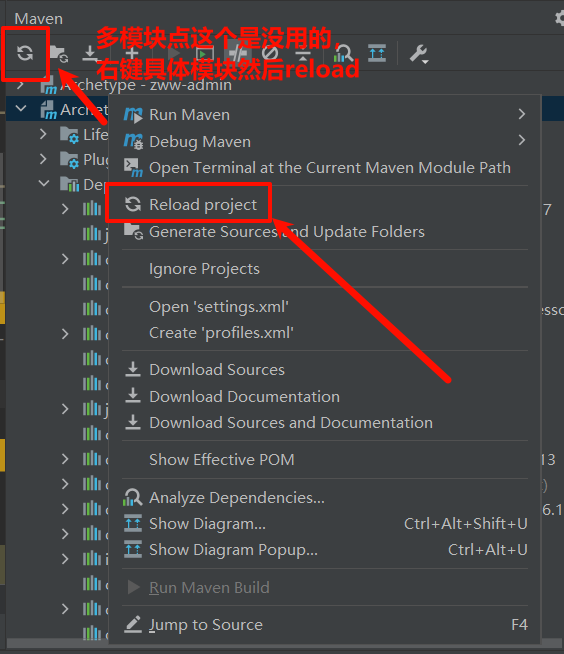1. 目标方法类,spring代理bean
@Component
public class Test {
public void test(){
System.out.println("test 目标方法");
}
public void testException(){
throw new RuntimeException();
}
}2. 配置类
@Configuration
@ComponentScan
@EnableAspectJAutoProxy //启用apsectJ的自动代理
public class Config {
}3. 切面类
对测试类Test中的test()和testException()方法分别进行测试,并输出,以观察增强方法的执行顺序。
@Aspect //切面类
@Component
public class AspectOrder {
@Pointcut("execution(* org.example.test.*.test*(..))")//表示匹配test包下的所有类的test*方法
private void a() {}
@Before("a()")//before(切入点表达式)
public void before() {
System.out.println("before");
}
@Around("a()")
public Object doAround(ProceedingJoinPoint joinPoint) {
System.out.println("Around 开始。。。");
//运行目标方法
Object proceed = null;
try {
proceed = joinPoint.proceed();
} catch (Throwable e) {
throw new RuntimeException(e);
}
System.out.println("Around 结束。。。");
return proceed;
}
@AfterThrowing(throwing = "e", pointcut = "a()")
public void doAfterThrowing(RuntimeException e) {
System.out.println("出现异常:" + e.getMessage());
}
@AfterReturning(value = "a()",returning = "retVal") //正常返回执行 returning = "retVal"为返回值
public void doAfterReturning(Object retVal) {
System.out.println("AfterReturning");
}
@After("a()")
public void doAfter() {
System.out.println("after");
}
}4. 测试类
测试aop五种增强方法执行顺序。
public class Main {
public static void main(String[] args) {
ApplicationContext context = new AnnotationConfigApplicationContext(Config.class);
Test test = (Test) context.getBean("test");
// test.test();//无异常
test.testException();//有异常
}
}5. 测试结果
1. 无异常时,各增强方法执行结果

2. 有异常时,各增强方法执行结果

6. 结论
1. 无异常时,执行顺序为:环绕增强(前)-> 前置增强 -> 目标方法 -> 返回增强 -> 后置增强 -> 环绕增强(后)
2. 有异常时,执行顺序为:环绕增强(前)-> 前置增强 -> 目标方法 -> 异常增强 -> 后置增强 。
有待补充....














![[000-01-030].第2节 :Zookeeper本地安装](https://i-blog.csdnimg.cn/blog_migrate/89824fcd7b048a4e0a5459ec898028b1.png)



